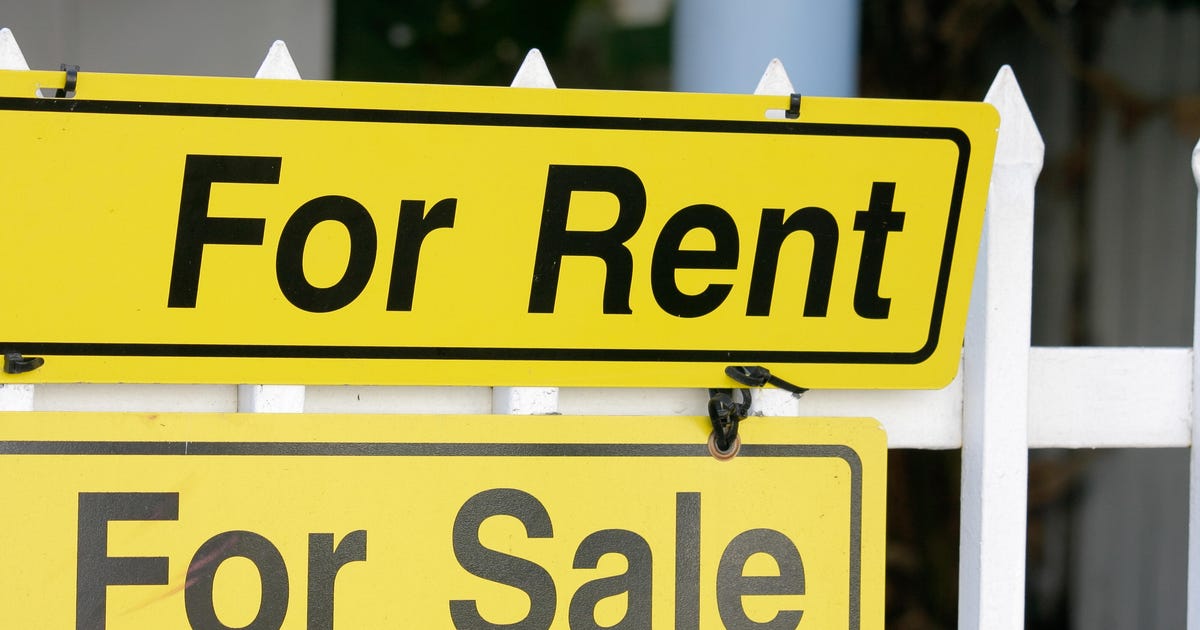
A couple of closely followed mortgage rates slumped today: 15-year fixed and 30-year fixed mortgage rates both slid downward. The average rate of the most common type of variable-rate mortgage, the 5/1 adjustable-rate mortgage, also declined.
Mortgage rates have been rather consistently going up since the start of this year, and are expected to climb throughout 2022. Of course, interest rates are dynamic and unpredictable — at least on a daily or weekly basis — as they respond to a wide variety of economic factors. At the moment, inflation and the federal funds rate are particularly influential. The Federal Reserve has increased interest rates three times this year and has signaled its intention to hike rates again to try to contain inflation. That will likely translate into higher mortgage rates and, for prospective borrowers, steeper monthly mortgage payments. As such, homebuyers may have better luck locking in a lower mortgage interest rate sooner than later. It’s always a good idea to interview multiple lenders to compare rates and fees to find the best mortgage for your specific situation.
30-year fixed-rate mortgages
The average interest rate for a standard 30-year fixed mortgage is 5.67%, which is a decrease of 16 basis points from one week ago. (A basis point is equivalent to 0.01%.) The most frequently used loan term is a 30-year fixed mortgage. A 30-year fixed rate mortgage will usually have a lower monthly payment than a 15-year one — but often a higher interest rate. You won’t be able to pay off your house as quickly and you’ll pay more interest over time, but a 30-year fixed mortgage is a good option if you’re looking to minimize your monthly payment.
15-year fixed-rate mortgages
The average rate for a 15-year, fixed mortgage is 4.87%, which is a decrease of 19 basis points from the same time last week. Compared to a 30-year fixed mortgage, a 15-year fixed mortgage with the same loan value and interest rate will have a bigger monthly payment. But a 15-year loan will usually be the better deal, as long as you can afford the monthly payments. These include usually being able to get a lower interest rate, paying off your mortgage sooner, and paying less total interest in the long run.
5/1 adjustable-rate mortgages
A 5/1 ARM has an average rate of 4.27%, a decrease of 2 basis points compared to last week. For the first five years, you’ll usually get a lower interest rate with a 5/1 adjustable-rate mortgage compared to a 30-year fixed mortgage. However, you could end up paying more after that time, depending on the terms of your loan and how the rate adjusts with the market rate. For borrowers who plan to sell or refinance their house before the rate changes, an adjustable-rate mortgage could be a good option. If not, shifts in the market might significantly increase your interest rate.
Mortgage rate trends
Though mortgage rates were historically low at the beginning of 2022, they have been climbing somewhat steadily since then. The Federal Reserve recently raised interest rates by 0.75 percentage points — the highest rate increase since 1994 — in an attempt to curb record-high inflation. As a general rule, when inflation is low, mortgage rates tend to be lower. When inflation is high, rates tend to be higher.
Though the Fed does not directly set mortgage rates, the central bank’s policy actions influence how much you pay to finance your home loan. And the Fed has signaled it will continue to raise rates over the course of this year. So, if you’re looking to buy a house in 2022, expect mortgage rates to generally increase as the year goes on.
We use data collected by Bankrate, which is owned by the same parent company as CNET, to track rate changes over time. This table summarizes the average rates offered by lenders across the US:
Today’s mortgage interest rates
Rates accurate as of July 7, 2022.
How to find the best mortgage rates
When you are ready to apply for a loan, you can connect with a local mortgage broker or search online. Make sure to think about your current finances and your goals when looking for a mortgage. Specific mortgage rates will vary based on factors including credit score, down payment, debt-to-income ratio and loan-to-value ratio. Having a higher credit score, a higher down payment, a low DTI, a low LTV, or any combination of those factors can help you get a lower interest rate. The interest rate isn’t the only factor that affects the cost of your home — be sure to also consider other costs such as fees, closing costs, taxes and discount points. You should shop around with multiple lenders — including credit unions and online lenders in addition to local and national banks — in order to get a mortgage loan that’s best for you.
What’s the best loan term?
When picking a mortgage, remember to consider the loan term, or payment schedule. The mortgage terms most commonly offered are 15 years and 30 years, although you can also find 10-, 20- and 40-year mortgages. Another important distinction is between fixed-rate and adjustable-rate mortgages. The interest rates in a fixed-rate mortgage are the same for the duration of the loan. Unlike a fixed-rate mortgage, the interest rates for an adjustable-rate mortgage are only set for a certain amount of time (typically five, seven or 10 years). After that, the rate fluctuates annually based on the market rate.
One important factor to think about when deciding between a fixed-rate and adjustable-rate mortgage is how long you plan on staying in your home. Fixed-rate mortgages might be a better fit for those who plan on staying in a home for quite some time. While adjustable-rate mortgages may offer lower interest rates upfront, fixed-rate mortgages are more stable over time. If you don’t have plans to keep your new house for more than three to 10 years, however, an adjustable-rate mortgage may give you a better deal. There is no best loan term as a general rule; it all depends on your goals and your current financial situation. It’s important to do your research and understand your own priorities when choosing a mortgage.


